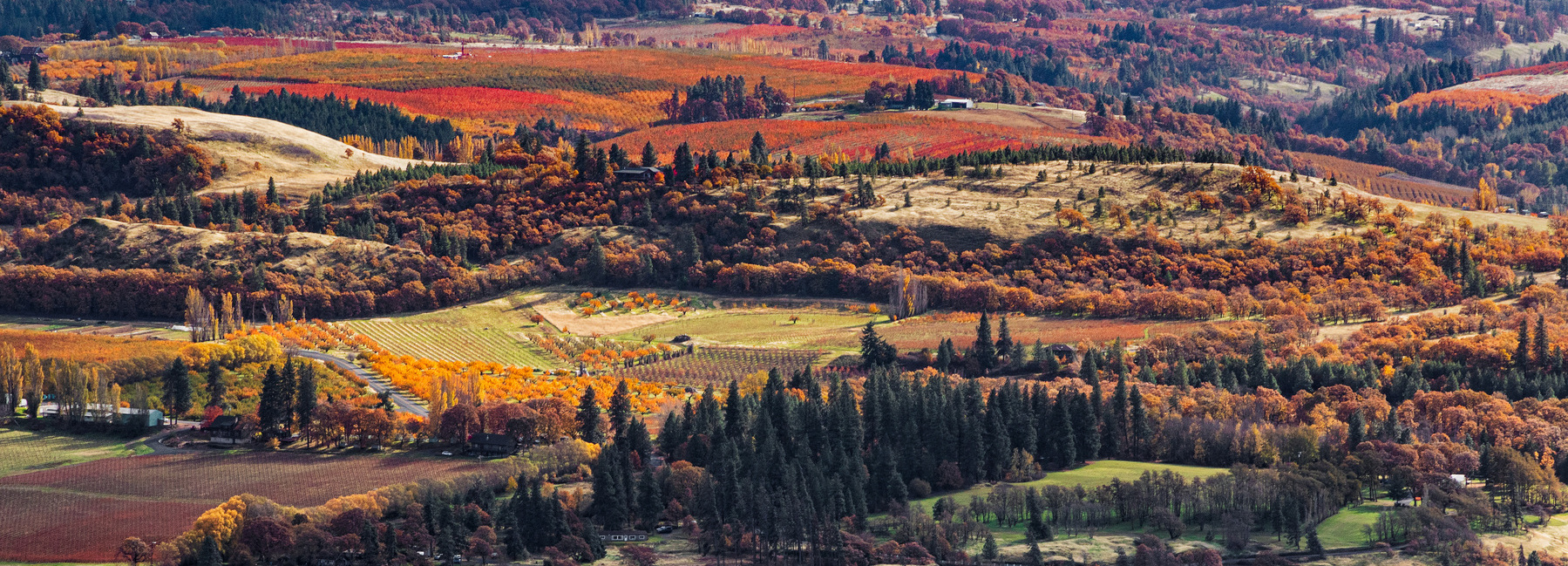Since joining Friends of the Columbia Gorge as staff last summer, I have worked closely with Comunidades—a Gorge-based advocacy group focused on amplifying community voices for environmental and social justice. Founded by Columbia Riverkeeper’s Senior Organizer Ubaldo Hernández, Comunidades has prioritized protections for farmworkers for several years. This year, Friends supported Comunidades and the Fair Shot for All coalition to successfully enact Oregon House Bill 4002.
Signed into law this spring, HB 4002 will require 40-hour overtime pay for agricultural workers and help guarantee that farmworkers enjoy the same rights as employees in other industries. Farmworkers in the Columbia Gorge and throughout Oregon deserve the same dignity, respect, and labor rights as other workers. This is especially important as the effects of climate change increase. With rising temperatures, more frequent extreme weather events, and the hazards of wildfire smoke, farmworkers need additional protections.
Friends has worked for decades to ensure that agricultural lands in the Gorge are protected for agricultural purposes, to prevent these lands from being converted to residential or commercial development. But advocating for the health and wellbeing of the Gorge’s environment also includes protecting vulnerable communities that reside there. Ensuring that farmworkers have a safe working environment is critical to protecting the agricultural economy of the Gorge, now and in the future.
Working together with Comunidades to bring new voices to the table around the HB 4002 debate, all united around our shared love of the environment and Gorge communities, was a powerful experience. Meeting the farmworker community, learning about their concerns and passions, and seeing the ways they care for each other expanded my understanding of Friends’ work, as part of the larger Gorge community. Together, we not only helped enact important new protections for Gorge farmworkers, but also planted seeds for joint conservation efforts in the future that will center the voices and experiences of Gorge communities of color.


